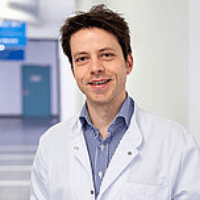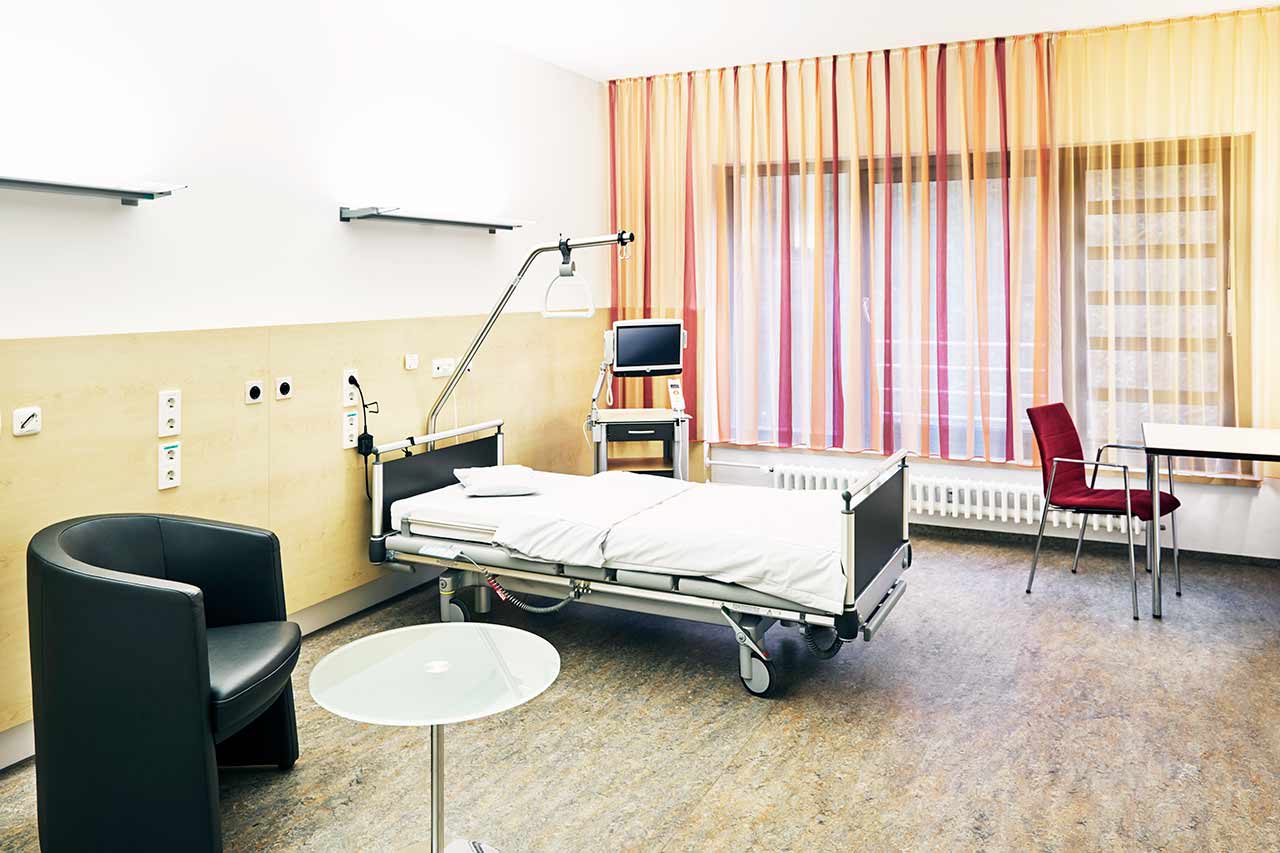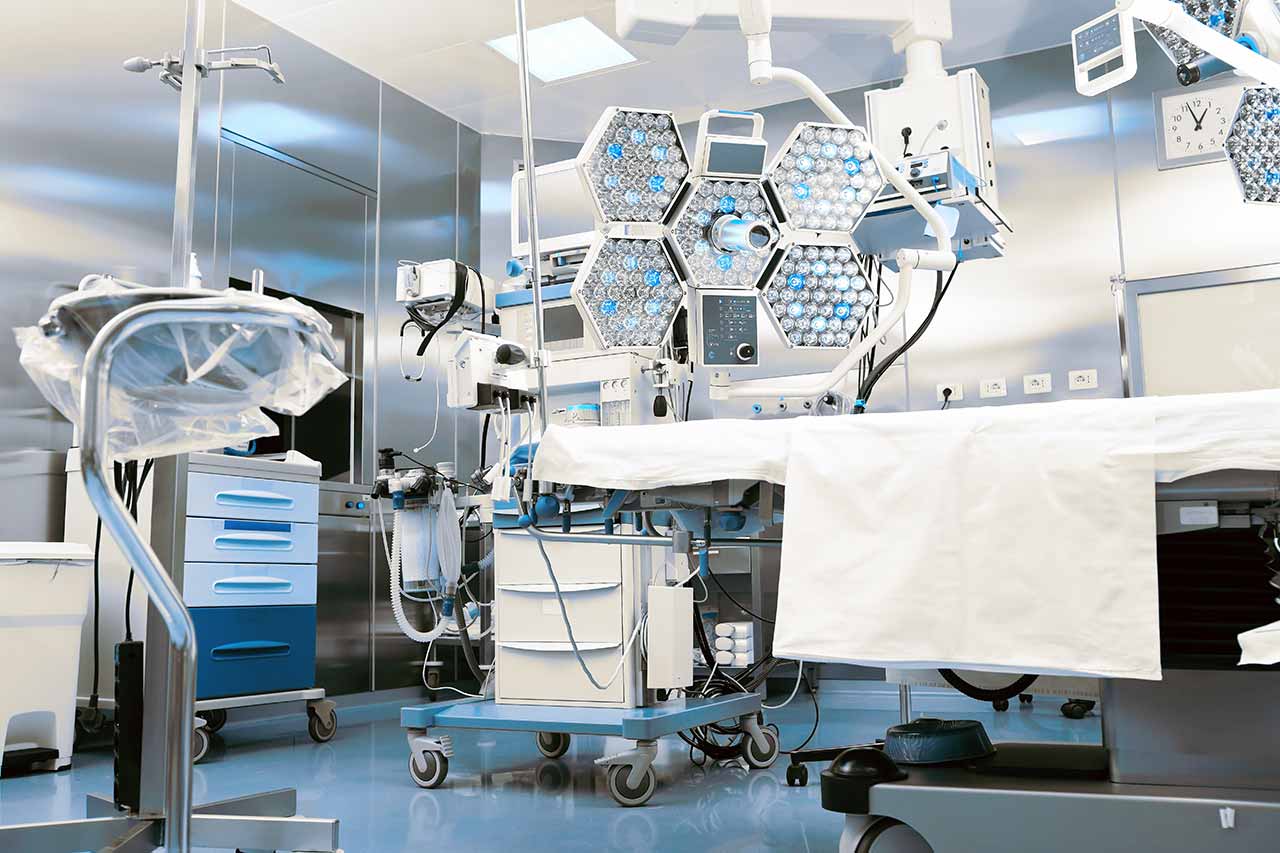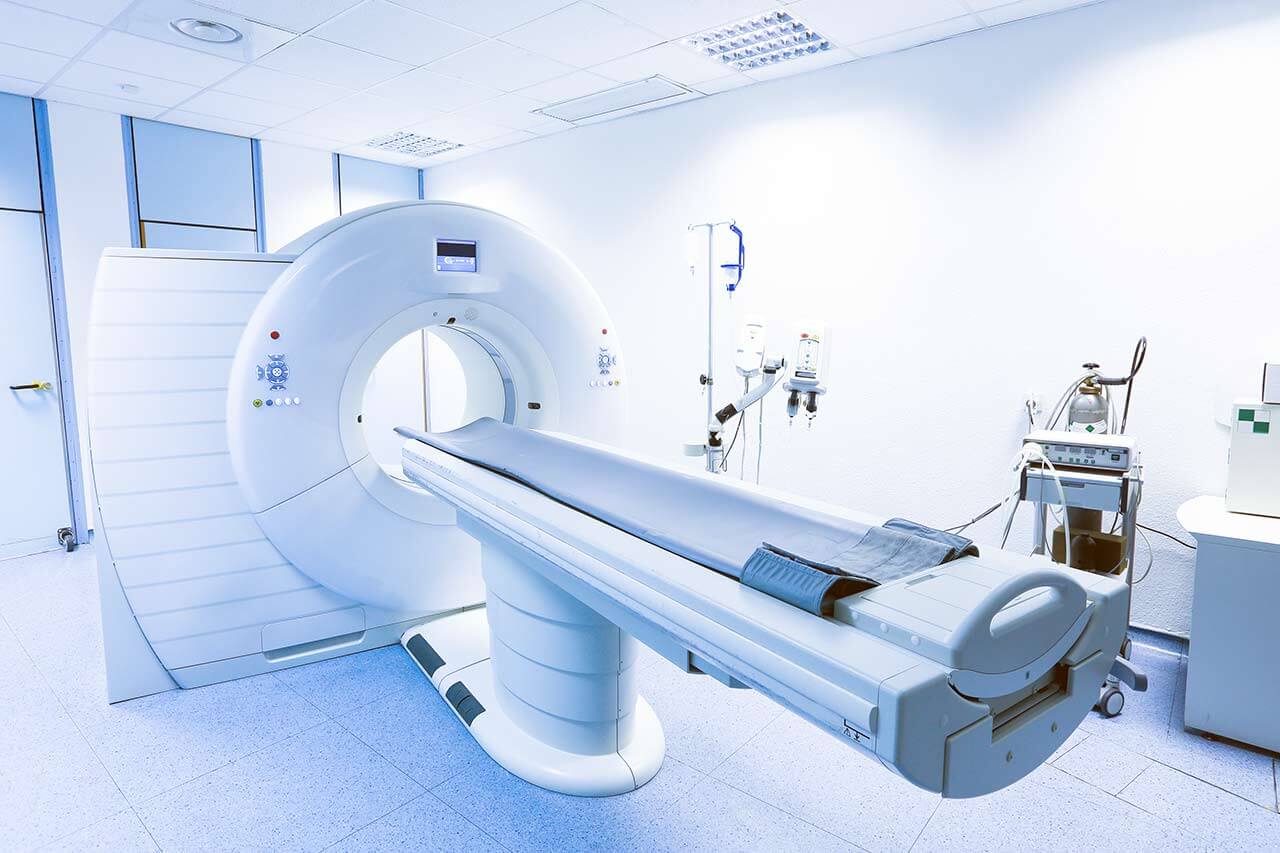
About the Department of Pediatric and Adolescent Medicine, Neonatology at Hospital Kassel
The Department of Pediatric and Adolescent Medicine, Neonatology at the Hospital Kassel offers the full range of diagnostic and therapeutic services in the areas of its specialization. The priority fields of the department's work include the treatment of diseases of the cardiovascular system, gastrointestinal organs, congenital metabolic disorders and infectious diseases. The advanced medical equipment and long experience of doctors working in the medical facility allow them to effectively treat diseases of any severity in children of all age groups. During the diagnostics, the department's specialists use various modern imaging tests, including ultrasound scanning, in order to detect the pathology as early as possible and provide timely treatment. The main task of each employee of the department is to ensure maximum comfort and provide high-quality medical services to their young patients. The department's medical staff is convinced that parental care and support are an integral part of the therapeutic process and have a beneficial effect on the final treatment result. Therefore, they welcome the accompanying of the child by one of the parents during the inpatient treatment. The department is headed by Prof. Dr. med. Andreas Jenke.
The department's neonatologists provide medical care to newborn babies within the special unit, which includes the modern Intensive Care Unit adapted for various resuscitation procedures. The department annually admits over 700 newborns and premature babies with body weight below 1,500 grams. The team of neonatologists also specializes in the medical care of infants born as a result of multiple pregnancies, the treatment of children with congenital infections, respiratory disorders, insufficient oxygen supply to the organs, jaundice and congenital malformations. The department's medical team has the ability to perform various diagnostic tests in newborns at any time of the day or night. The diagnostic options include ultrasound examinations, magnetic resonance imaging, differential laboratory tests, ophthalmic testing, etc. The department offers all modern treatment methods, including high-frequency ventilation, mechanical ventilation using inhaled nitric oxide, etc. Whenever required, neonatologists involve pediatric anesthesiologists, pediatric surgeons, pediatric neurologists and other doctors in the therapeutic process.
Since about 1% of all children are born with congenital heart diseases, pediatric cardiology is also a particularly important focus for the medical team. The colossal clinical experience of the department's pediatricians allows them to detect heart defects immediately after childbirth and provide the most effective treatment of congenital cardiac pathology. To diagnose heart defects, the department performs echocardiogram, Doppler echocardiography, fetal echocardiography, cardiac MRI, cardiac CT and laboratory tests. The first line treatment is intensive care and drug therapy, but in some cases, surgical interventions are still required. They are performed in cooperation with highly qualified specialists.
The department successfully diagnoses and treats diseases of the gastrointestinal tract and liver in children and adolescents under the age of 18. The specialists are focused on chronic inflammatory bowel disease, namely Crohn's disease and ulcerative colitis. Depending on the particular clinical case, the diagnostics and treatment can be carried out both on an inpatient and outpatient basis. To detect gastrointestinal and hepatobiliary diseases in children, the pediatricians use such diagnostic examinations as pH measurement, ultrasound scanning, MRI, rectal manometry, endoscopic examinations, etc. The team of the department's pediatricians develops an individual treatment regimen for each young patient, taking into account his needs and particular clinical indications.
The department's service range is complemented by the treatment of metabolic disorders in children. This problem quite often occurs in newborns, so the department's doctors use a special screening to assess metabolism in the child's body. In the case of detecting any metabolic disorders in a child, the doctors provide the appropriate therapy, since untimely treatment can cause the development of serious pathological lesions of various organs of the body, including the brain. The most common metabolic disorders in children include phenylketonuria and galactosemia. Should these or similar diseases be detected in a child, he will have to keep a strict diet and take special drugs, which will ensure the normal development and high quality of life of the young patient in the future.
The department's key clinical focuses include:
- Neonatology and intensive care
- Care for premature newborns (up to 37 weeks of pregnancy)
- Care for newborns after multiple pregnancy
- Mechanical ventilation, including high-frequency ventilation and ventilation with the use of inhaled nitric oxide
- Diagnostics and treatment of congenital abnormalities in newborns and premature babies (for example, infectious diseases, respiratory disorders, jaundice, congenital malformations)
- Diagnostics and treatment of general pediatric diseases and infectious diseases in children (for example, pneumonia, meningitis)
- Diagnostics and treatment of heart diseases, including congenital heart defects
- Diagnostics
- Ultrasound diagnostics of the heart using color Doppler echocardiography, including transesophageal echocardiography
- Prenatal echocardiography (in collaboration with the Department of Gynecology)
- Stress and resting ECG
- Holter monitoring
- Spiroergometry
- 24-hour blood pressure measurement
- Cardiac MRI
- Cardiac CT
- Laboratory tests
- Cardiac catheterization for diagnostic purposes
- Treatment
- Drug treatment
- Surgical interventions (in collaboration with the highly qualified specialists)
- Open heart surgery (in collaboration with the highly qualified specialists)
- Diagnostics
- Diagnostics and treatment of gastrointestinal and liver diseases
- Diagnostics
- Breath tests
- Endoscopic examination of the upper and lower gastrointestinal tract
- Assessment of anthropometric indicators
- Biopsy (for example, liver biopsy)
- Magnetic resonance imaging
- Laboratory tests
- pH measurement and esophageal impedance measurement
- Anorectal manometry
- X-ray examinations
- Ultrasound examinations
- Treatment
- Drug therapy
- Interventional endoscopic procedures (for example, gastrointestinal bleeding hemostasis, polyp removal and elimination of gastrointestinal stenosis)
- Development of an individual diet in the case of unsatisfactory anthropometric indicators
- Diagnostics
- Diagnostics and treatment of metabolic disorders (focus on the treatment of phenylketonuria and galactosemia)
- Diagnostics
- Screening to assess metabolism in children
- Treatment
- Strict diet
- Drug therapy
- Diagnostics
- Diagnostics and treatment of other diseases in children, other diagnostic and therapeutic procedures
Curriculum vitae
Prof. Dr. med. Andreas Jencke is the Chief Physician of the Department of Pediatric and Adolescent Medicine, Neonatology at the Hospital Kassel. The treatment of gastrointestinal diseases in children is of particular interest to the doctor. Prof. Jenke is a leading specialist in the treatment of inflammatory bowel disease (Crohn's disease and ulcerative colitis) and irritable bowel syndrome in children. In the field of neonatology, the doctor pays special attention to the monitoring of premature babies with extremely low birth weight.
Prof. Andreas Jencke studied medicine at the Witten/Herdecke University. During his clinical practice, the doctor worked at the HELIOS University Hospital Wuppertal, and was the Chief Physician of the Department of Pediatric and Adolescent Medicine at the Evangelical Hospital in Oberhausen. Dr. Andreas Jencke had his habilitation at the Witten/Herdecke University, after which he became a Lecturer at the Faculty of Medicine at this university. Dr. Jencke is also engaged in extensive research. Since June 2018, he has been the Chairman of the European Society for Paediatric Gastroenterology Hepatology and Nutrition (ESPGHAN).
Photo of the doctor: (c) Klinikum Kassel





